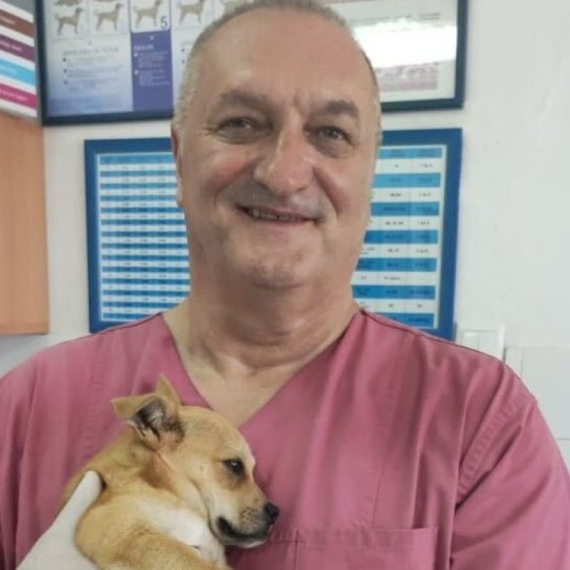Program launched to counter grey economy in Serbia
A two-year program has been launched to counter grey economy in Serbia, which is assessed to account for around 30 percent of GDP.
Friday, 20.12.2013.
16:40

BELGRADE A two-year program has been launched to counter grey economy in Serbia, which is assessed to account for around 30 percent of GDP. The project was announced by the National Alliance for Local Economic Development (NALED) and the U.S. Agency for International Development (USAID). Program launched to counter grey economy in Serbia Grey economy is preventing economic growth, and prosperity of Serbia's companies and citizens, USAID Mission Director in Serbia Susan Fritz said at the meeting on grey economy organised by USAID and NALED. Grey economy contributes to disloyal competition, it reduces the possibilities for legal employment and it also limits the control of product safety, she said and noted that grey economy in Serbia accounts for around 30 percent of the local GDP, which is twice the figure than that recorded in the Czech Republic and Slovakia. According to her, the reduction of grey economy in Serbia could contribute to an increase in tax revenues by one percent of the GDP in the next three years, which totals around RSD 33 billion. “It has been assessed that the cut in grey economy should increase tax revenues by two percent of the GDP in the period of five to seven years, and the funds should be used for economic development,” Fritz said. President of the NALED Management Board Vladan Atanasijevic said that illegal employment and illegal sale constitute the major part of the grey economy, and added that one in four companies is working outside the legal framework in one of the two modes. Atanasijevic noted that the Serbian budget is losing around EUR 3 billion on the annual level because of grey economy and of this sum, EUR 300 million worth of losses are caused by illegal sale of shag. According to Atanasijevic, the funds could be used for social or healthcare protection and infrastructural development. He called on Serbia to adopt a unique law on inspections to make the system more transparent because the work of inspections is now divided among several ministries and is not coordinated and grey economy is on the increase. The program launched by USAID and NALED aims to analyse grey economy in Serbia and then draft solutions to the issue would be filed to the government, Atanasijevic said. (Tanjug) Tanjug
Program launched to counter grey economy in Serbia
Grey economy is preventing economic growth, and prosperity of Serbia's companies and citizens, USAID Mission Director in Serbia Susan Fritz said at the meeting on grey economy organised by USAID and NALED.Grey economy contributes to disloyal competition, it reduces the possibilities for legal employment and it also limits the control of product safety, she said and noted that grey economy in Serbia accounts for around 30 percent of the local GDP, which is twice the figure than that recorded in the Czech Republic and Slovakia.
According to her, the reduction of grey economy in Serbia could contribute to an increase in tax revenues by one percent of the GDP in the next three years, which totals around RSD 33 billion.
“It has been assessed that the cut in grey economy should increase tax revenues by two percent of the GDP in the period of five to seven years, and the funds should be used for economic development,” Fritz said.
President of the NALED Management Board Vladan Atanasijević said that illegal employment and illegal sale constitute the major part of the grey economy, and added that one in four companies is working outside the legal framework in one of the two modes.
Atanasijević noted that the Serbian budget is losing around EUR 3 billion on the annual level because of grey economy and of this sum, EUR 300 million worth of losses are caused by illegal sale of shag.
According to Atanasijević, the funds could be used for social or healthcare protection and infrastructural development.
He called on Serbia to adopt a unique law on inspections to make the system more transparent because the work of inspections is now divided among several ministries and is not coordinated and grey economy is on the increase.
The program launched by USAID and NALED aims to analyse grey economy in Serbia and then draft solutions to the issue would be filed to the government, Atanasijević said.


























































Komentari 6
Pogledaj komentare